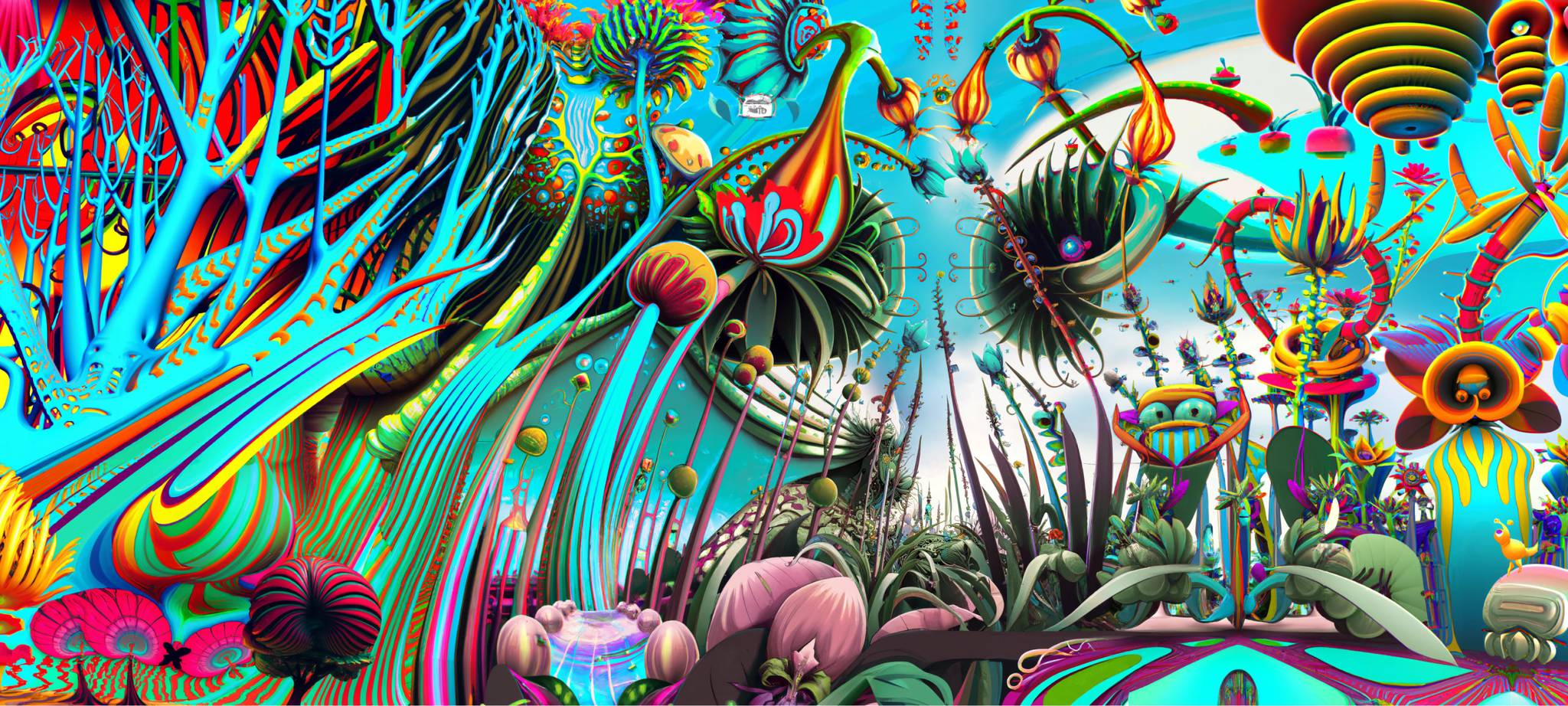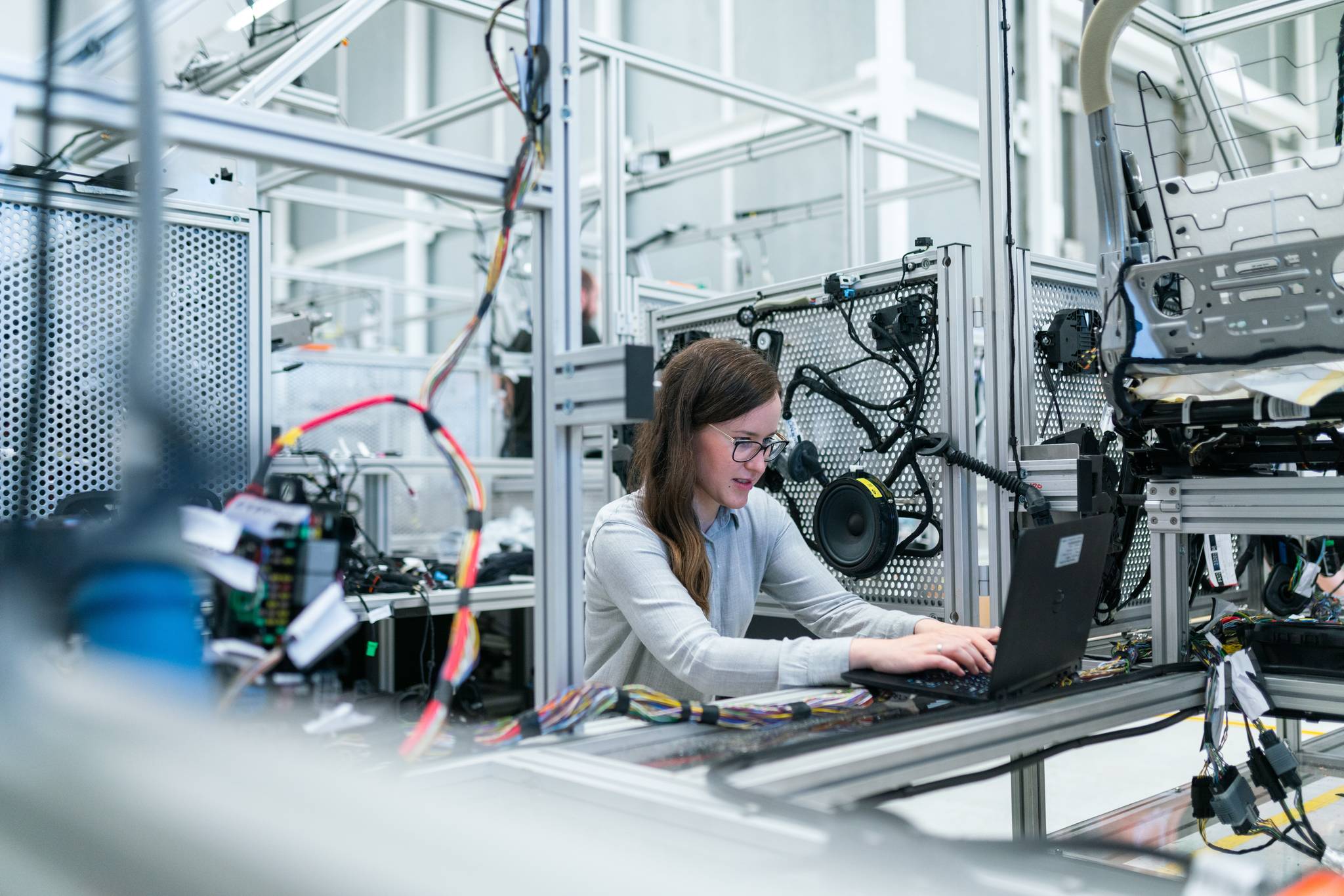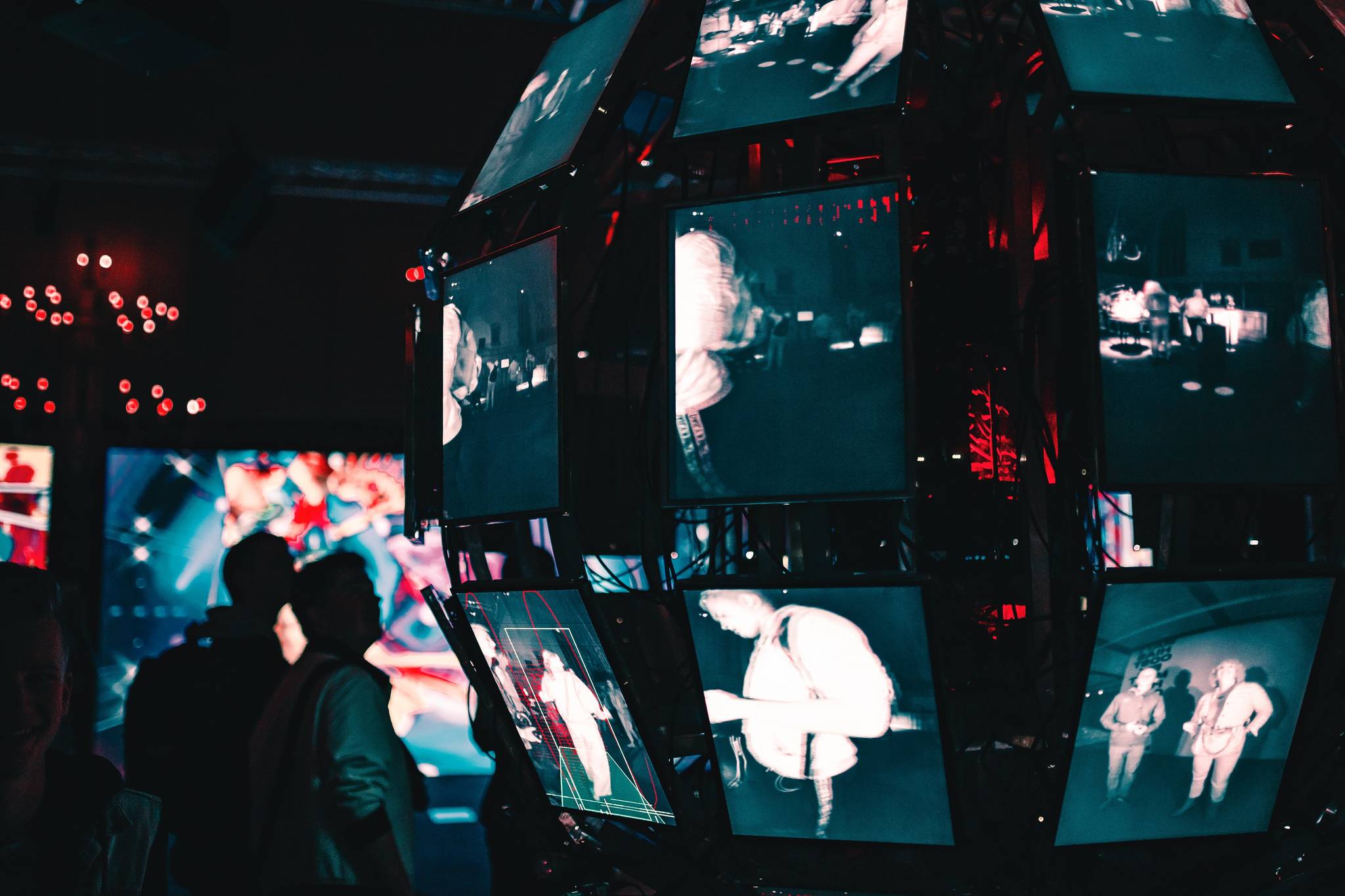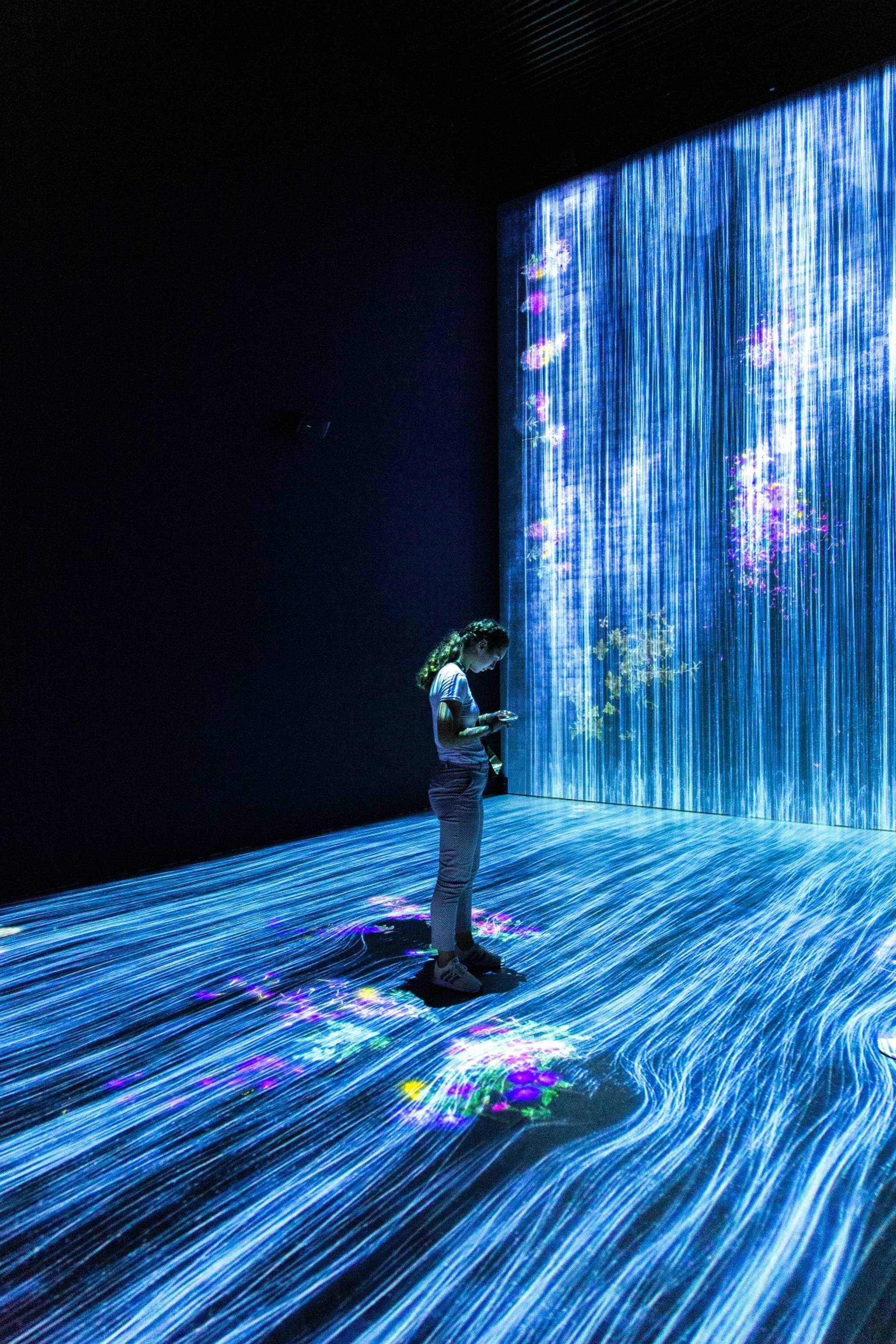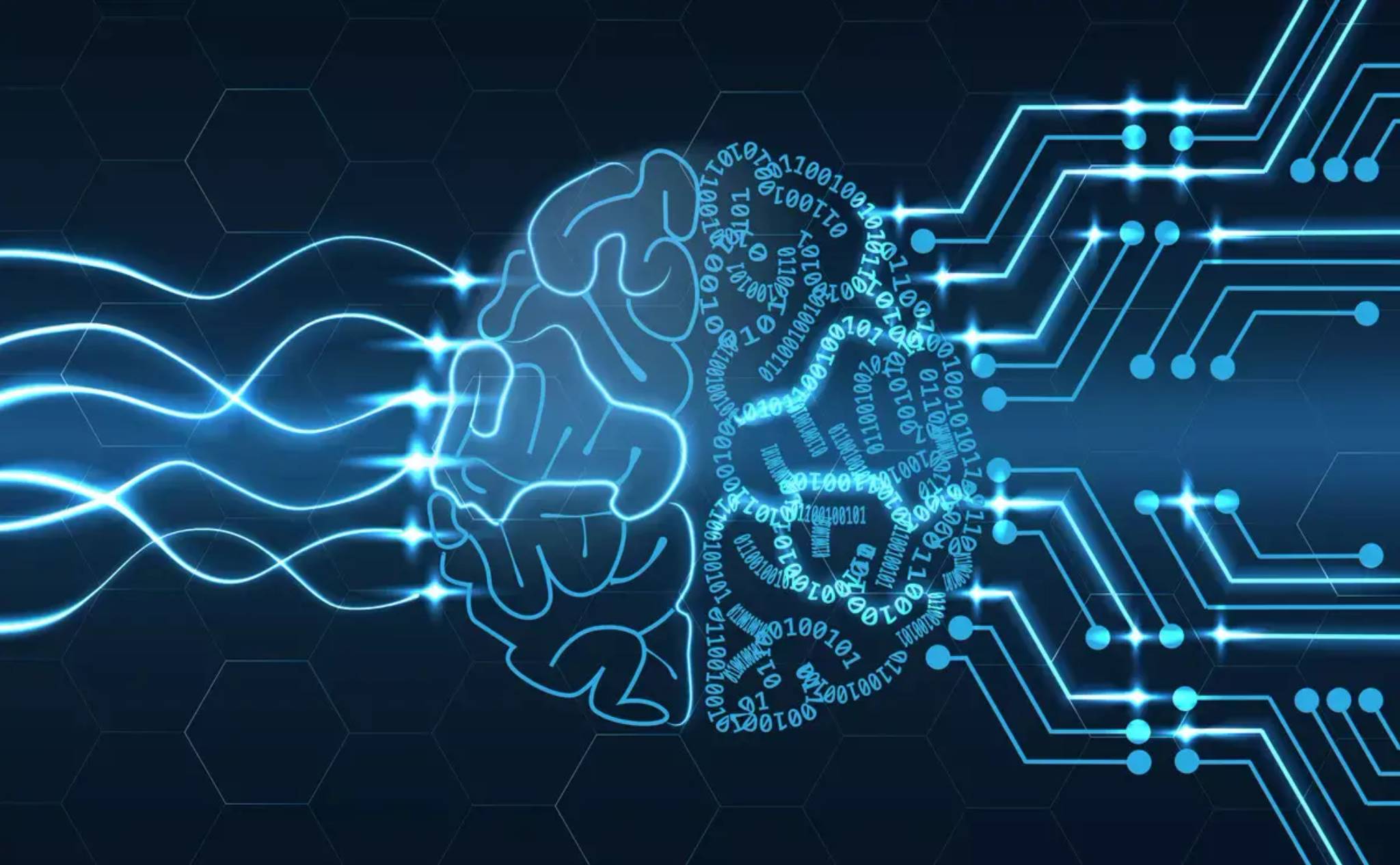
With AI automation escalating at a rate previously unseen, employees across industries are growing concerned that their careers are under threat. But as innovation continues, are these fears well-founded? Or will new AI-driven technologies revolutionise the workplace for the better?
Viral videos of fully-mechanised fast-food restaurants, the roll-out of self-driving robotaxis, and the virtually overnight ascent of ChatGPT have given rise to a dizzying atmosphere of innovation and automation. For many, this progress is driving a palpable sense of unease – something being felt perhaps most acutely among tech employees.
In the first month of 2023, more than 86,000 people were laid off from jobs at tech companies, a figure that when added to the tally for 2022 stands at just under 250,000. While there are multiple contributing factors here, including hiring sprees from tech giants during the pandemic and stuttering economic growth, several of the announcements had one ominous vision in common: a future that’s driven by AI and automation.
For the 69% of US college graduates who believe AI could make their jobs irrelevant in the next few years, announcements from the likes of Buzzfeed – which cut 12% of its workforce in late 2022 and has since published content produced by ChatGPT – are further contributing to this sense of employee malaise. But is it really all doom and gloom for the future of work?
While mass layoffs within the context of AI automation have been a cause for concern, jobs aren't being eliminated altogether. Rather, new technologies are revolutionising the way people work – something that can significantly benefit both employers and employees.
One survey of 2,700 Microsoft employees across the US, UK, and Japan revealed that nine in ten support the automation of tedious daily tasks to free up time for ‘work that matters’, while 87% stated that digital transformation is ‘more important than ever before’. These stark endorsements represent a significant demand for thoughtfully implemented AI systems – systems that could drastically improve job efficiency and help employees thrive.
To this end, the tech-marketing agency Codeword announced the introduction of two ‘AI interns’ in early 2023. So-called ‘Aiden’ and ‘Aiko’ are working alongside Codeword’s editorial and design teams to support the creative process – generating large volumes of concept thumbnails for moodboards, carrying out news and trends research, and checking voice and tone quality for editorial content.
Elsewhere, Mumbai-based Babblebots.ai is streamlining recruitment through GPT3 technology. It's AI recruiters can aid companies by interviewing candidates and assessing their technical and non-technical skills through human-like conversation – a system that promises to save significant amounts of time during the hiring process and increase the interview-to-offer ratio by 500%.
And recognising that designers are increasingly leaning on generative AI for inspiration, Shutterstock is enabling users to produce images based on specific text prompts – expediting projects and demonstrating how the technology can support human imagination in the workplace rather than supplant it altogether.
The mindful implementation of AI systems could pave the way for a future in which tedious daily tasks are a thing of the past, human creativity is optimised, and people derive greater satisfaction from their careers. However, rampant innovation and job layoffs mean that the ‘robots are taking our jobs’ narrative isn’t likely to abate any time soon. So as AI continues to shake up the working world, can companies keep pace with technological progress while equipping employees to thrive?
